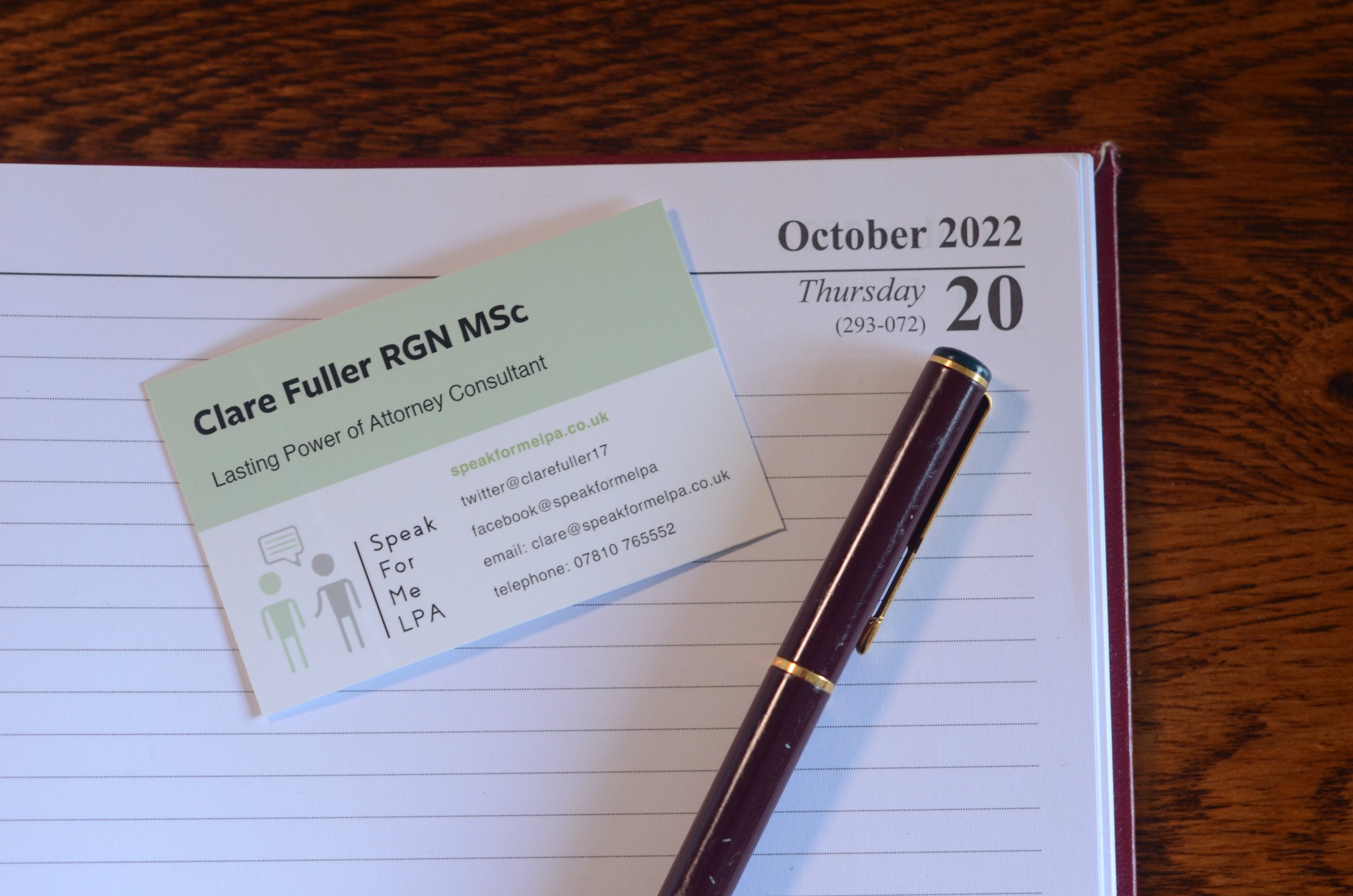What is an Ordinary Power of Attorney?
Have you heard of an Ordinary Power of Attorney? This blog explores some common questions around a little know document and includes what an Ordinary Power of Attorney is, when you may consider using an Ordinary Power of Attorney and how an Ordinary Power of Attorney differs from a Lasting Power of Attorney. I’m frequently asked if there are any options available during the 20 week wait period to register a Lasting Power of Attorney and, for some people, creating an Ordinary Power of Attorney could be of great value. Read on to find out more.
What is an Ordinary Power of Attorney?
An Ordinary Power of Attorney is a legally binding document through which you give authority for another person (called an attorney), to act on your behalf in relation to your property and assets. Authority can be given generally or for a specific matter or purpose.
An Ordinary Power of Attorney can be used, for example, to manage banking, buy or sell shares or for the sale of a property.
How do you set up an Ordinary Power of Attorney?
To make an Ordinary Power of Attorney you must be over 18 and have mental capacity. Having capacity to make an Ordinary Power of Attorney means you understand the legal implications of granting another person authority to act on your behalf.
The person you grant authority must be someone you trust, over the age of 18 and themselves not bankrupt. It is possible to appoint either a relative or friend as an attorney or a solicitor.
You cannot be subject to an undischarged or interim bankruptcy when you set up an Ordinary Power of Attorney.
An Ordinary Power of Attorney comes into effect as soon as it is written, signed and witnessed.
It is possible to set up an Ordinary Lasting Power of Attorney yourself, via a solicitor or through a Lasting Power of Attorney Consultant. Whichever option is chosen it’s important to know the deed created must have specific wording to be valid.
When you may consider using an Ordinary Power of Attorney be used
An Ordinary Power of Attorney is a valuable, short term and relatively straightforward way to temporarily grant another person authority to act for you. This could be useful if you are in hospital, travelling abroad or waiting for your Lasting Power of Attorney to be registered.
What is the difference between an Ordinary Power of Attorney and a Lasting Power of Attorney?
There are a few key differences between an Ordinary Power of Attorney and a Lasting Power of Attorney; if you would like to find out more about what a Lasting Power of Attorney is before reading on click here . Looking at the differences, I’ll separate into how you set up each document, when each one can be used and finally describe how each is revoked.
Starting with setting up the documents, the main difference is a Property and Finance Lasting Power of Attorney must be registered with the Office of the Public Guardian before it can be used whereas an Ordinary Power of Attorney does not. This means an Ordinary Power of Attorney can be drafted, signed and ready in a day rather than waiting the current 20 weeks for a Lasting Power of Attorney to be registered.
An Ordinary Power of Attorney can be used only when you have mental capacity, a Lasting Power of Attorney for Property and Finance can take effect if you lose capacity or, if you choose, as soon as it is registered.
An Ordinary Power of Attorney ceases to have validity as soon as you lose mental capacity; a registered Lasting Power of Attorney can be revoked by the donor (when they have capacity) or by the Court of Protection if capacity has been lost.
Find out more
Both an Ordinary Power of Attorney and a Lasting Power of Attorney are valuable documents enabling you to appoint people you trust to make decisions for you in case you are ever unable to make decisions for yourself. For many people, creating an Ordinary Power of Attorney can be useful in bridging the gap when a Lasting Power of Attorney has been drafted but not registered.
If you would like to set up a Lasting Power of Attorney or an Ordinary Power of Attorney contact me to find out more.
www.speakformelpa.co.uk

